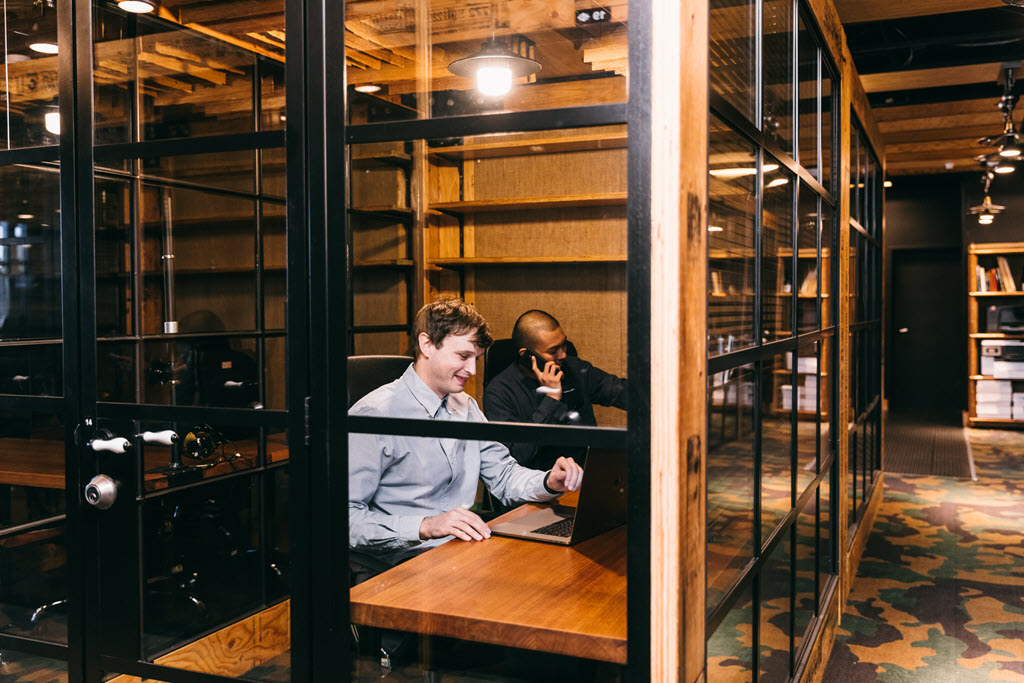Freelancers offer the perfect flexible and cheap solution to managing your tasks and getting work completed. However, finding the one that’s the right fit for your business isn’t always easy, although it is important. Here are some handy tips on what you can do to make sure you get the most out of using freelancers.
1. Look in the right places
Before you go searching through the sea of freelance marketplaces, you might want to first ask around your friends and peers to see if there’s anyone who knows anyone for the job.
You might even want to throw a line out on your social media pages to see if anything comes out of it. This can usually guarantee you a bit more protection, as when they’re from close circles there’s much less of a chance that they’ll do a dodgy on you.
If you ask around but don’t have any luck, then of course there are many freelance websites where you can sift through applicants for the perfect fit.
Be careful about people who say they want to do the job off the site, as this takes away the protection that websites give just in case things turn sour.
2. Make sure they have time for you
Some freelancers may be in the habit of saying yes to every bit of work they can get, and then end up not actually having enough hours free to complete the work you need done in the set time frame.
Make it clear from the start exactly how many hours of work they’ll need to commit per week or day, and check that they can definitely commit to that.
It might also help to set clear times for when they’ll be available to contact and when they’ll be working on the tasks.

3. Communication is key
Since freelancers are working at a separate location and are usually unfamiliar with you and your business, then this makes good communication skills even more important than what they normally would be. A good way of testing these skills could be through an initial phone or skype call.
By taking the time to chat to potential freelancers over messaging or over the phone, you can get an idea of their communication style and pick up on any red flags.
For example, they might be very delayed in responding or struggle to understand the information you give them.
4. Ask for samples
Every freelancer is going to have their own style, and so it’s important that you see a sample of their work so that you have a good idea of what to expect and whether their style is going to be a good fit for your business.
Obviously everyone has to start somewhere, and so if they’re looking to start their first job and don’t have any work to show yet, then ask them to produce a small sample for you to see.
Never hire until you have a good idea of what to expect.
5. Set up a trial period
Once you’ve decided on hiring someone, hold off giving them a whole pile of work straight away.
Start by giving them something small to do, and if you’re happy with their work then gradually build up the amount you give them.
This means that if the relationship or work turns out to be a disaster, then it won’t have much of a negative impact on the business.

6. Be careful with your budget
The last thing that you want is having to pay your freelancer way more than you originally expected or can afford.
Set out a clear budget plan from the get-go and make sure that the person you hire is aware of exactly how much you’re planning to pay for the job.
Another money tip is to not pay anything until the job is completed. This is because there won’t be much drive to get the job done on time if the money has already been paid.
This also establishes a sense of trust between both parties.
7. Keep engaging with the project
There’s no point in telling your freelancer what you want and then leaving them to figure it all out on their own.
If you want things done the way you envision it, then it’s important that you keep track of how they’re going and make sure that you’re both on the same page.
Author – Madeleine Goodman
With a background in Sales and Psychology, Maddy combines her knowledge & love of words to bring us all of the things we need to know on how to survive modern day working life. She currently works as the in-house writer at deskPlex.


